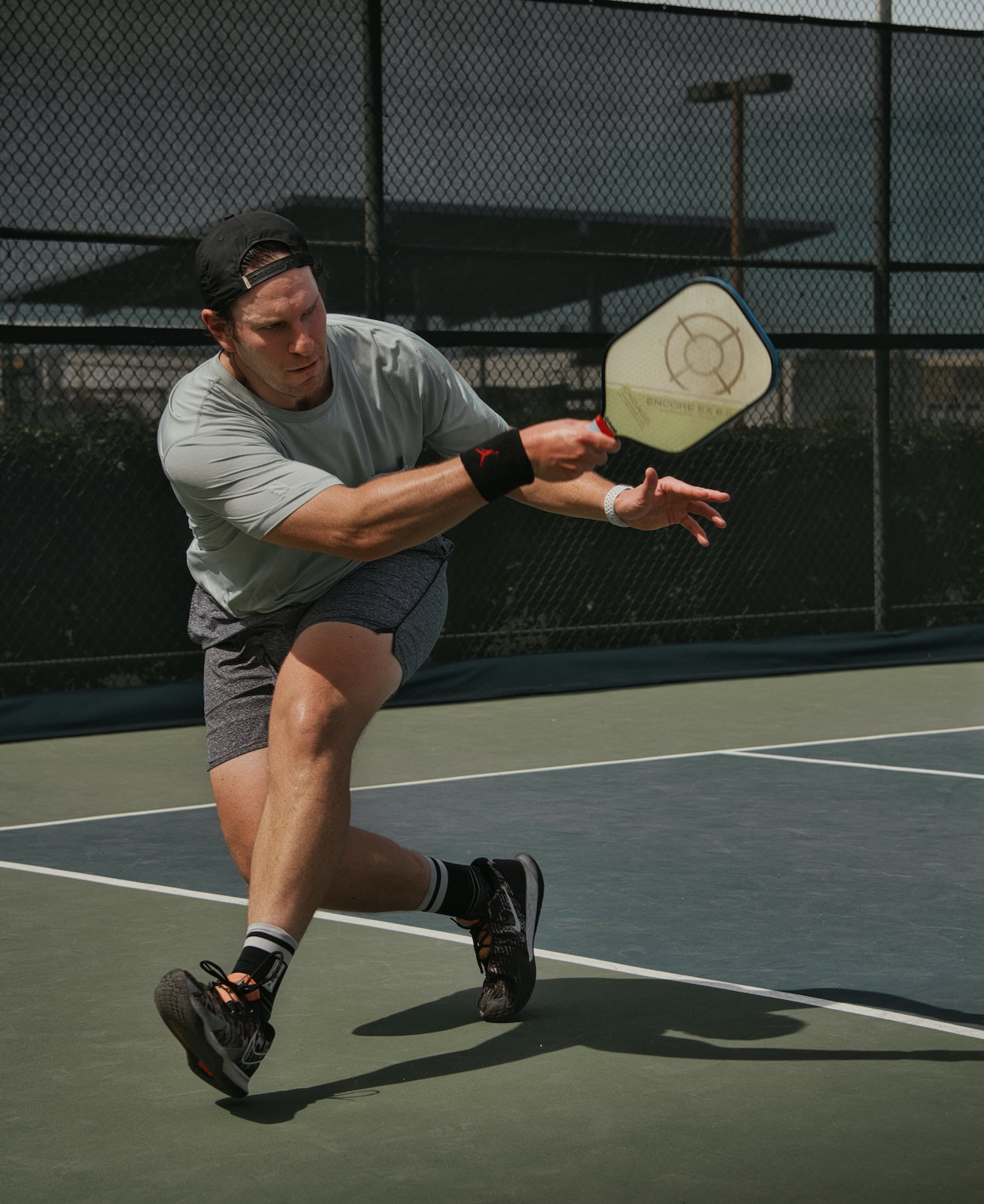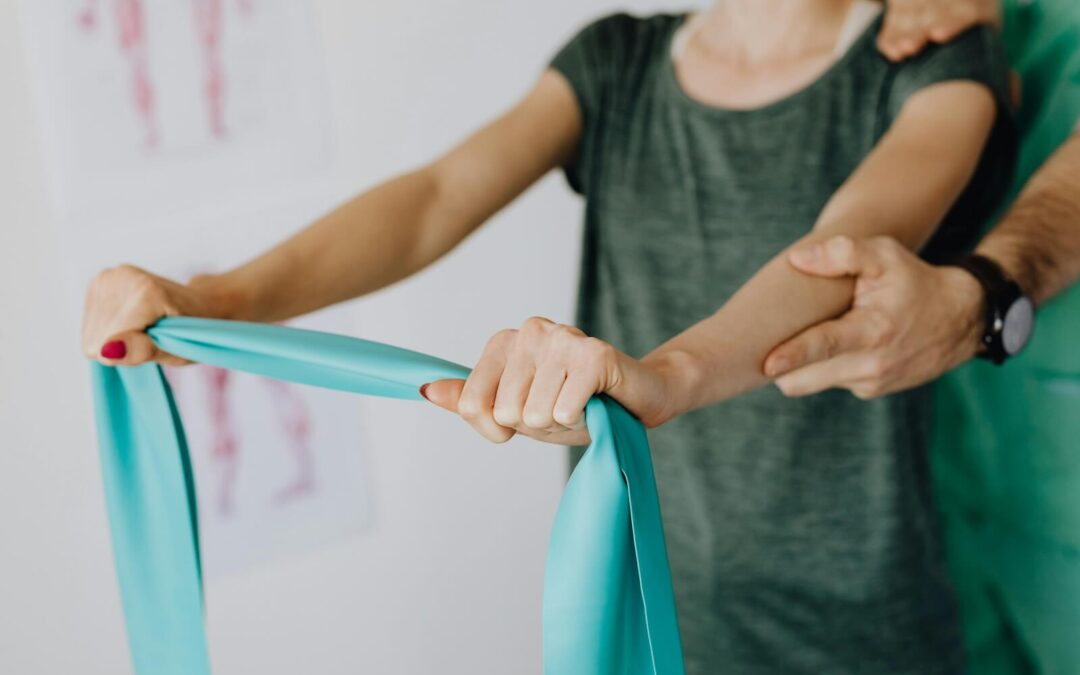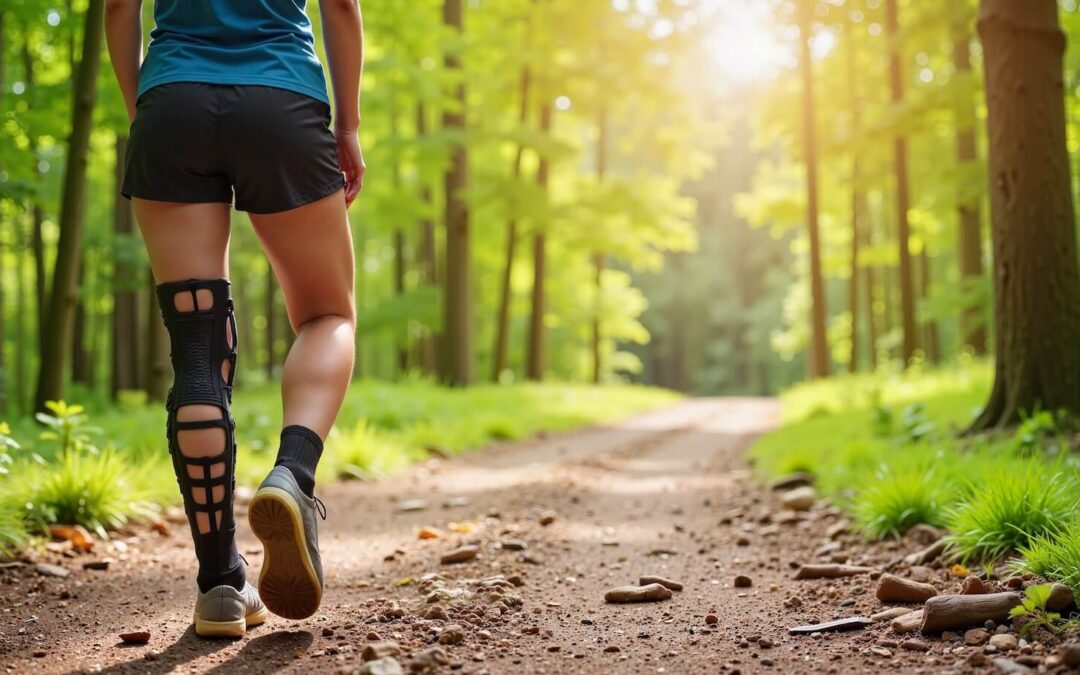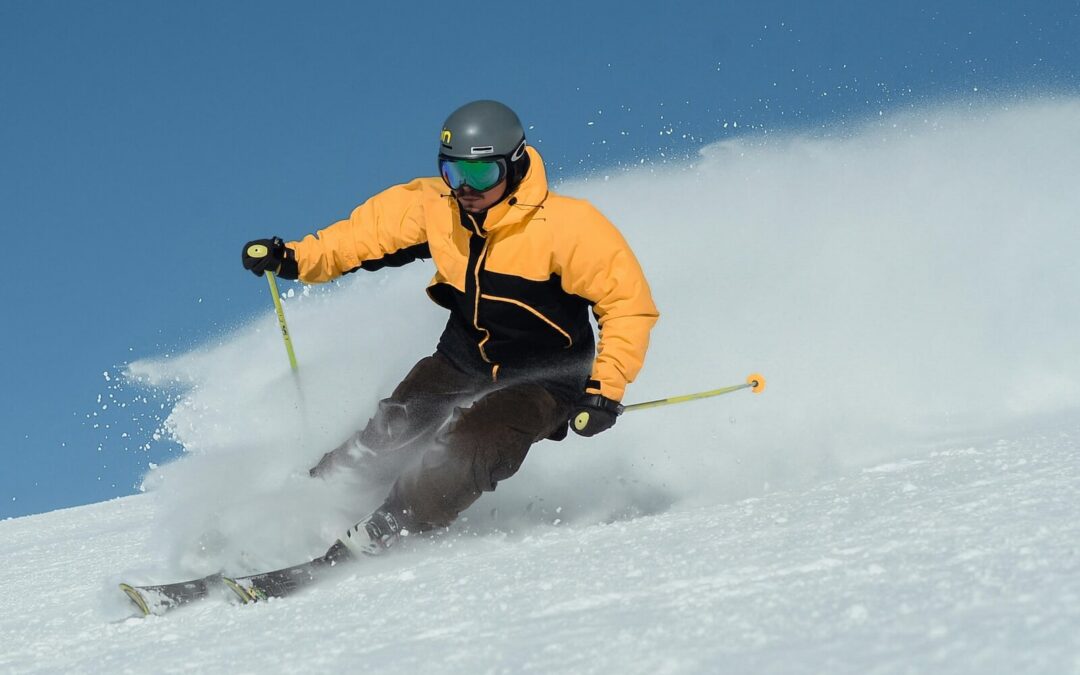Although pickleball has been around since 1965, when then-Washington Congressman Joel Pritchard invented the game out of boredom, it was only recently that the sport became a household name. It was the perfect sport for the COVID-19 era; Individual players stood on either side of a 44-foot court. But as restrictions lifted and people resumed their normal lives, pickleball continued to grow.
According to USA Pickleball, the national governing body of the sport, there are 8.9 million pickleball players in the U.S. as of 2023, a huge jump from 3.3 million back in 2019. The sport keeps growing because it’s not as demanding as other racket sports, meaning anyone can pick up a paddle and start playing. However, while it’s a lower-impact sport compared to tennis, injuries still happen on the pickleball court.
According to a recent report, pickleball injuries could cost Americans up to $400 million in medical costs. While pickleball-related injuries are rarely serious, if ever, they can still keep you off the court for long periods.
Most Common Pickleball Injuries
- Muscle Strains and Sprains: Overexertion or sudden movements can lead to strains in muscles and ligaments.
- Tennis Elbow: The repetitive nature of swinging can lead to pain and inflammation in the elbow.
- Ankle and Knee Injuries: Twisting and sudden directional changes can put a strain on these joints.
- Shoulder Injuries: These can arise from overhand serving and repeated overhead motions.
- Cuts and Abrasions: Falling or running into the net or other players can lead to cuts and scrapes.
As a leading sports physical therapy clinic in Denver, Total Physical Therapy treats pickleball-related injuries frequently, many of which are avoidable. So before you head out to the pickleball court, here are a few tips to remember if you want to stay out of the emergency room.
Tips To Avoid Pickleball-Related Injuries
Whether you’re an experienced player or a newbie, the tips below will help keep you on the court and off the sidelines.
Hydration, Hydration, Hydration
Forgetting to drink water is an issue many can relate to, and it’s not that serious if you’ve been indoors all day. You’ll be okay if you drink water at some point throughout the day. That’s different when you’re on the court, though. Whether you’re playing indoors or outdoors, you will sweat out a lot of liquids, minerals, and electrolytes.
Hydrating throughout matches is important to prevent cramps and muscle strains, which can retire you from a match earlier than expected. In more serious cases of dehydration, you may faint. Nobody wants that, so keep a water bottle within reach and listen to your body — if your body isn’t talking, take a water break when you see others drink.
Don’t Underestimate Warming Up and Cooling Down
Warming up gets you ready for the main event, getting your blood pumping and lessening the risk of injury. Everyone from professional athletes to weekend warriors warm up before any activity. Try to do warm-up exercises that affect the muscles you’ll use most when playing pickleball, such as your legs, shoulders, triceps, and core.
The cooldown is equally important, as it gradually restores your heart rate back to pre-exercise levels. To cool down, you can jog a few laps at a low intensity until your heart rate feels closer to normal.
Use the Right Equipment
You don’t need a lot to play pickleball. In terms of equipment, you only need a pickleball paddle and a pair of comfortable sneakers. While there is such a thing as pickleball shoes, tennis shoes work just as well. If you’re not sure which shoes to get, look for ones with ankle support, grippy soles, and a low or medium-height profile.
Take Time To Learn the Basics
Pickleball is straightforward. After watching a few matches, you can get a good idea of how to play. Still, you should take time to learn the basics. Watching isn’t the same as doing. Proper technique can prevent injuries. For example, using too much power with an incorrect swinging technique can lead to shoulder pain and a rotator cuff injury. With how popular pickleball is at the moment, it’s not difficult to find lessons, but you could also ask a friend with some pickleball experience to teach you the ropes.
Don’t Overexert Yourself
Once you get into pickleball, you might find yourself itching to play every chance you get. That’s great for your fitness and your social life. Just don’t overdo it. You should know your limits and know when to stop to take a breather. There’s no shame in taking a few days to recover if your tank is empty, especially if you’ve been playing a lot of pickleball.
Play it Safe with Total Physical Therapy
Even if you stretch, drink plenty of water, and rest when you need it, an accident can still happen. You might trip and land awkwardly on a limb or develop an injury from overusing the same muscles. While some ice and a bit of rest could be all you need to get back on the pickleball court, you might want to see a physical therapist if the pain persists. Ignoring the issue won’t make it go away; untreated injuries can become very difficult to treat if too much time has passed.
A sports physical therapist specializing in sports-related injuries is your best bet if you want to pick up a pickleball paddle anytime soon. There is no better clinic for Denver metro area residents looking for sports physical therapy than Total Physical Therapy. We specialize in treating sports injuries and use a variety of techniques to get you back on your feet quickly and safely. With additional treatments like vestibular rehabilitation, Kinesio taping, and dry needling, we can get you back to 100% and keep you there. Schedule an appointment with Total Physical Therapy today to start your recovery journey.




